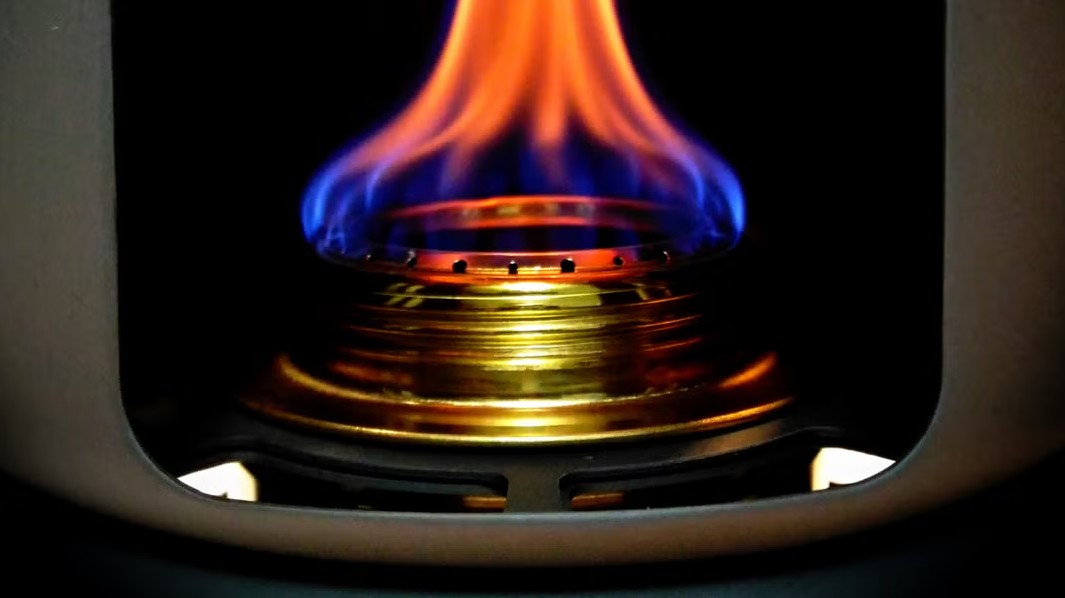

The Sustainability of Bioethanol Fuel for Eco-Conscious Consumers
In an era where every purchasing decision is scrutinised for its environmental impact, Bioethanol fireplaces are celebrated for their clean burn and modern appeal.
The claim of sustainability for bioethanol primarily stems from its unique carbon cycle:
Renewable Source: Bioethanol is produced through the fermentation of sugars found in biomass. Unlike fossil fuels, which are finite and take millions of years to form, these plant sources can be replanted and regrown, making bioethanol a renewable energy source.
Carbon Neutral Potential: Plants absorb carbon dioxide (CO2) from the atmosphere during their growth via photosynthesis. When bioethanol is burned in your fireplace, it releases CO2 back into the atmosphere. In theory, this creates a “closed-loop” carbon cycle, where the CO2 released during combustion is equal to the CO2 absorbed by the plants, leading to a net-zero carbon footprint at the point of combustion. This is often referred to as “carbon neutrality.”
Clean Burning: Compared to traditional wood-burning fires, bioethanol burns much cleaner. It produces only water vapour and minimal CO2, with no smoke, no soot, and no ash. This significantly reduces indoor air pollution and eliminates the need for chimneys, which also contributes to energy efficiency by preventing heat loss up a flue.
When viewed against other home heating options:
Traditional Wood Fireplaces: Bioethanol is generally more sustainable due to its clean burn (no particulate matter or harmful fumes) and renewable source, even considering its production footprint. Wood fires contribute significantly to local air pollution.
Fossil Fuel Heating (Gas/Oil): Bioethanol offers a clear advantage as it’s derived from renewable sources, unlike finite fossil fuels that release ancient carbon into the atmosphere, directly increasing greenhouse gas concentrations.
In the UK, when choosing bioethanol for your indoor fireplace:
Source Your Fuel Responsibly: Look for a reputable brand like Biofirefuel that provide information on their sourcing and production methods.
Consider High Purity Fuel: Higher purity bioethanol generally burns cleaner and more efficiently.
Mindful Usage: Remember to ensure adequate ventilation when using your bioethanol fireplace to prevent CO2 build-up, and always follow safety guidelines.
Bioethanol for indoor fireplaces offers a compelling case for sustainability, especially when compared to traditional fossil fuels and wood. Its renewable nature and clean-burning properties are significant advantages. Shop sustainable bioethanol fuel!
© 2025 27 Catering Ltd